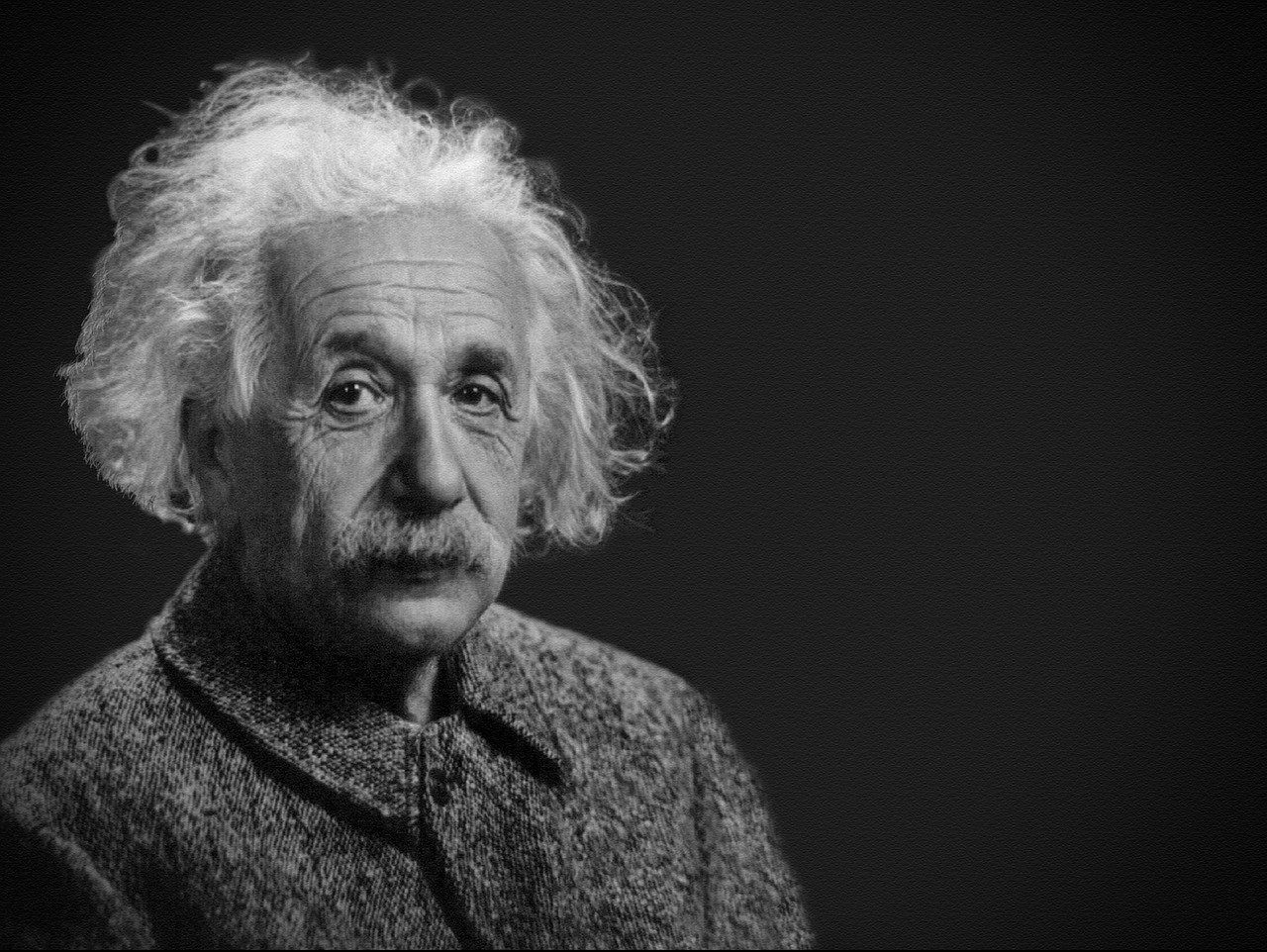going all in on authenticity
Einstein once said, “In a world where you can be anything, be yourself.”
Sure, he might have meant it on a more singular, individual level, but we, of course, tend to see things through a marketing lens. So, twisting Einstein’s words a little, we like to say, “In a world where you can be anything, be authentic.”
Authenticity, however, isn’t something a brand just says it is—it’s something that they have to truly be. In turn, others will believe it—and buy into it—too. Recently, in perhaps the boldest showing of authenticity a brand has made, Patagonia’s founder, Yvon Chouinard, gave his company away. The billionaire founder wanted to ensure that the outdoor-apparel company stayed true to its roots and would continue supporting causes that would protect the environment long after he was gone. So, instead of going public or selling, he gave the company to a non-profit dedicated to helping the Earth.
THE IMPACT OF BEING AUTHENTIC
In his letter announcing the sale, Yvon touched on the philosophy of Patagonia, saying, “If we could do the right thing while making enough to pay the bills, we could influence customers and other businesses, and maybe change the system along the way.” And that, in one sentence, summarizes what authenticity can bring: influence and change.
Allbirds, a popular direct-to-consumer, sustainable online shoe brand, made an unconventional move when they found a knockoff product—selling for a fraction of the price—on retail giant Amazon. However, Amazon’s version of the product was not made from sustainable materials. So rather than suing or competing with Amazon’s shoe, Allbirds’ CEO, Joey Swillinger, wrote an open letter to Jeff Bezos, saying, “Go ahead, copy us.” Then, he made the patent for Allbirds’ sustainable cushion, SweetFoam, public, in the hopes that Amazon and others would use the technology to make more sustainable footwear.
Our client, Holland Home, also knows a bit about being authentic. As a part of their mission, they offer a Lifecare Promise, which guarantees care to residents even if they outlive their financial resources. They have stayed true to this promise and given residents $50.2 million in financial assistance from 2011-2021. Holland Home’s sister companies have also covered another $14.3 million in healthcare expenses for the populations they serve. As a non-profit Christian organization, they look to their mission to determine the right thing to do—turning away someone in need for the sake of business is never the answer.
A decade ago, giving away your company or telling another business to copy your idea would have seemed preposterous. Even today, covering millions in health care and living costs would make many finance departments tremble. But, here are examples of companies making such moves, signifying a shift from purely pursuing profit to pursuing a purpose.
If you’re ready to add a little authenticity to your brand, we’re here to help. Contact us to get started.

